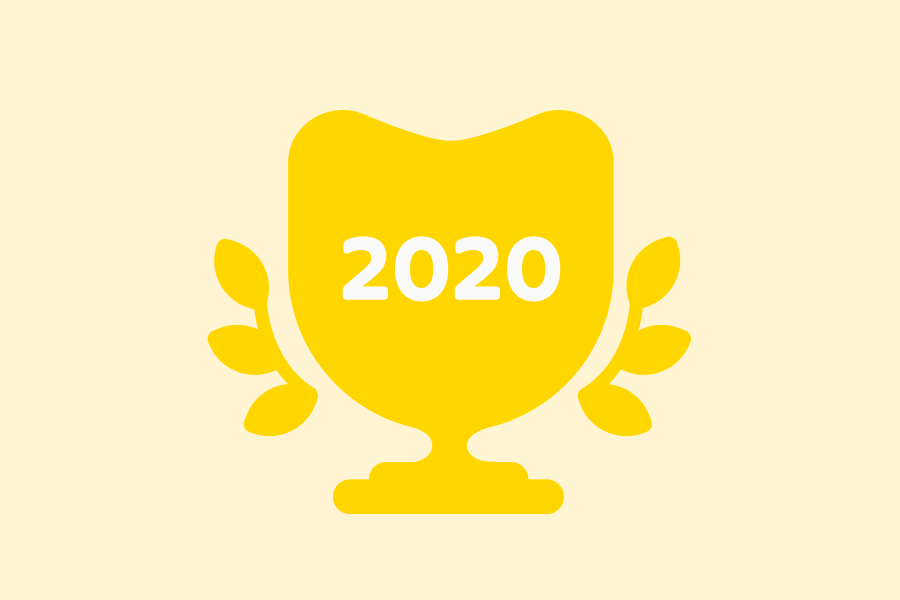This year, Duolingo introduced the Duolingo Research Grant program to support the next generation of language researchers. We're committed to excellence in teaching and learning, and innovations in technology are essential to our mission! This new grant program helps early-career scientists develop the innovative tools and techniques that make language teaching more effective for everyone.
Our grant program offers research funding to a select number of graduate students who are conducting research studies about how technology can be used to improve language learning and language teaching. This year, we awarded research grants to five PhD students and one master's student doing cutting-edge research that will improve learning for everyone. Read on to learn more about our 2020 grant recipients!
María Díez-Ortega, PhD research
Department of Second Language Studies, University of Hawai'i at Mānoa
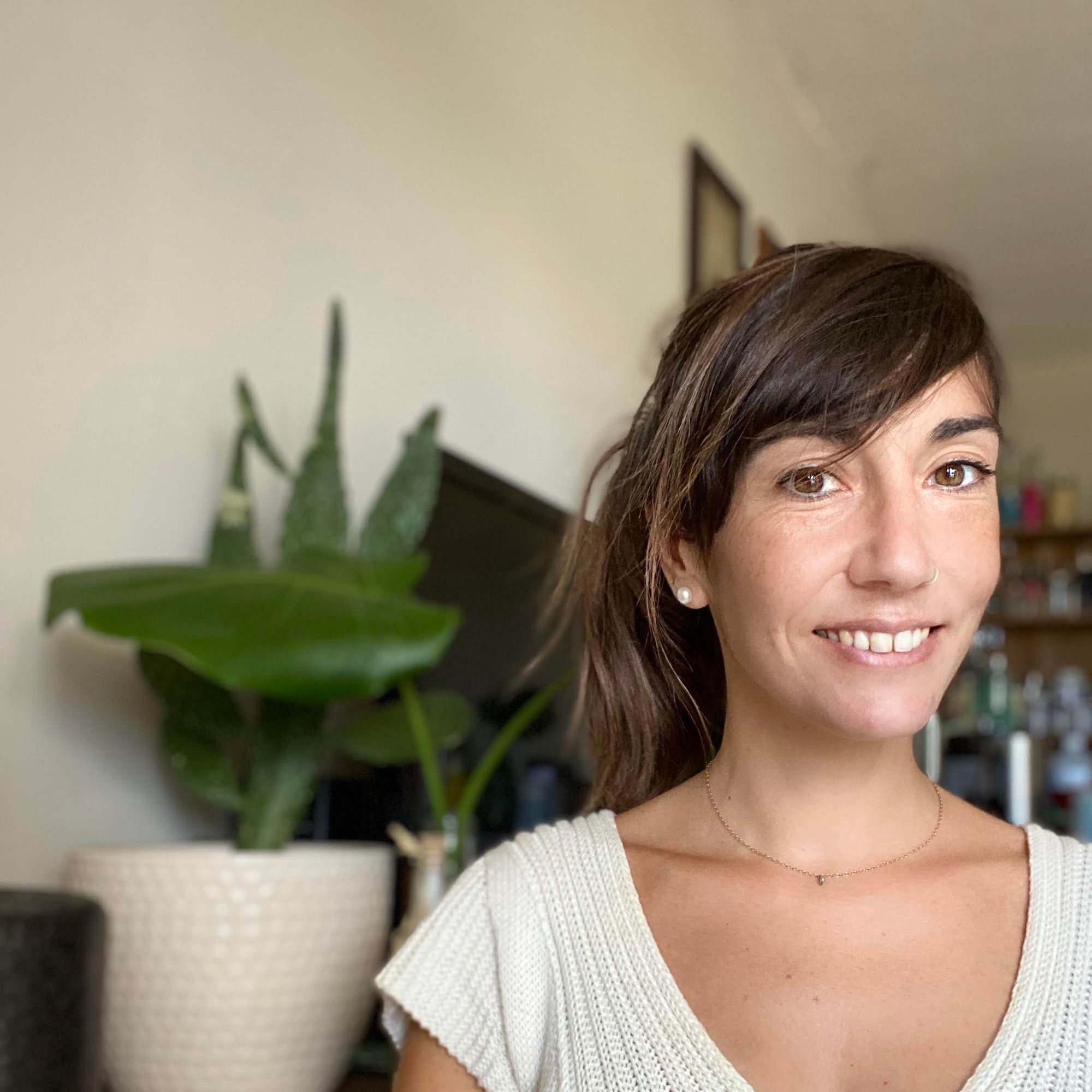
Gaming together: Peer-interaction of beginner Spanish learners playing a task-based digital game
María's semester-long study investigates how beginner learners of Spanish benefit from playing a videogame together. The learning of students playing together, individual gamers, and non-gamers will be measured and compared using language tests. The gaming sessions will be analyzed to understand which aspects of the collaboration and of the game promoted learning.
Katherine Kang, PhD research
Department of Educational Linguistics, University of Pennsylvania
Effects of online vocabulary learning tasks of different involvement loads on second language vocabulary learning
Katherine's study explores how task design for online vocabulary learning may influence the ways language learners notice, remember, and practice the language and thus affect learning outcomes. Participants in five conditions will complete a set of online English vocabulary tasks designed to promote different levels and types of vocabulary processing.
Ayşenur Sağdıç, PhD research
Department of Linguistics, Georgetown University
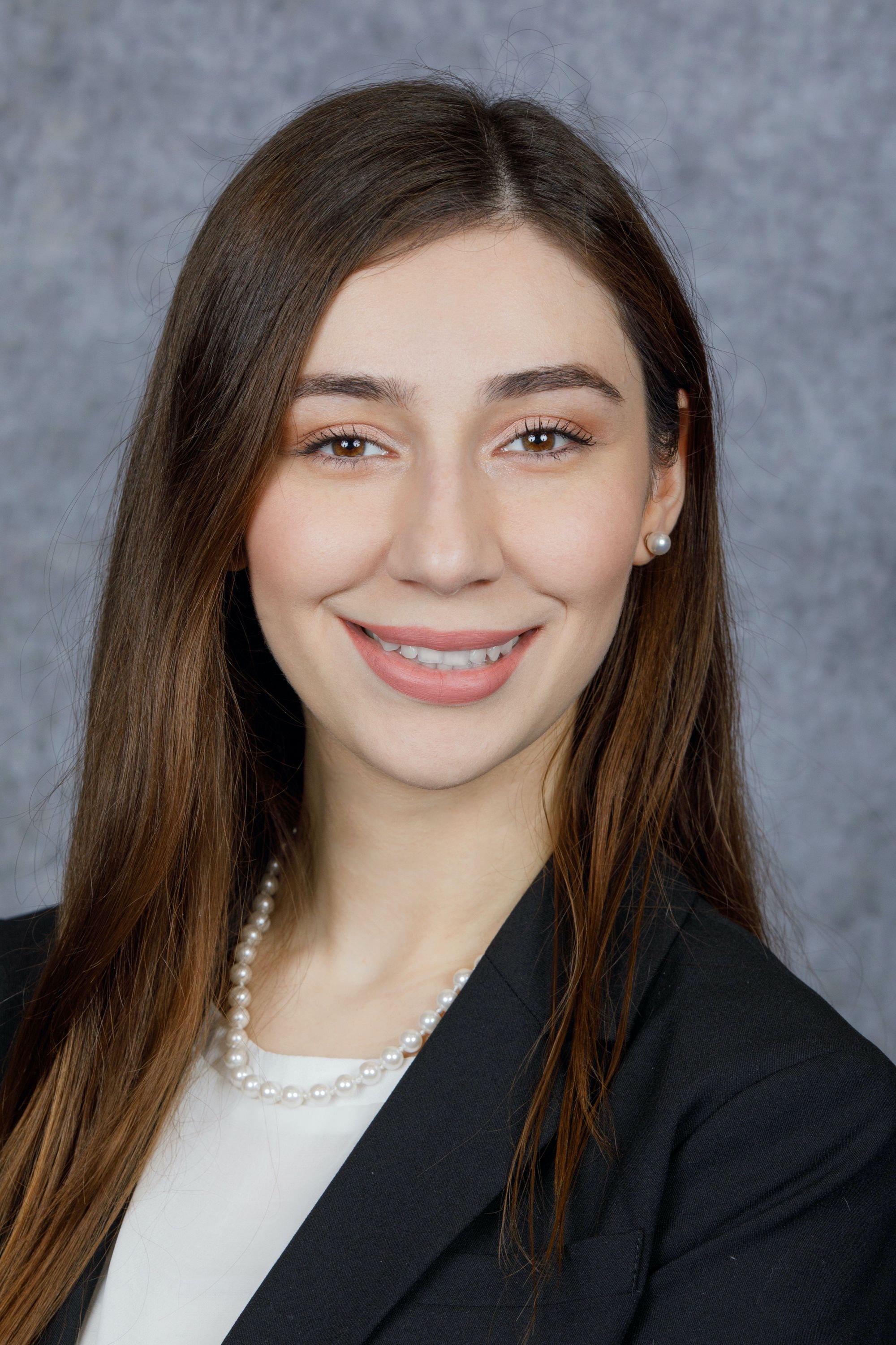
Learning by Simulating: Second Language Pragmatic Development in a Task-Based Technology-Mediated Simulation with Feedback
Ayşenur's study examines how practicing with digital simulations providing various types of corrective feedback contributes to your second language skills in understanding and communicating intended messages while accomplishing tasks. Turkish learners of English will take a language test before and after simulation practice and will participate in surveys and interviews.
Tricia Thrasher, PhD research
Department of French and Italian, University of Illinois at Urbana-Champaign
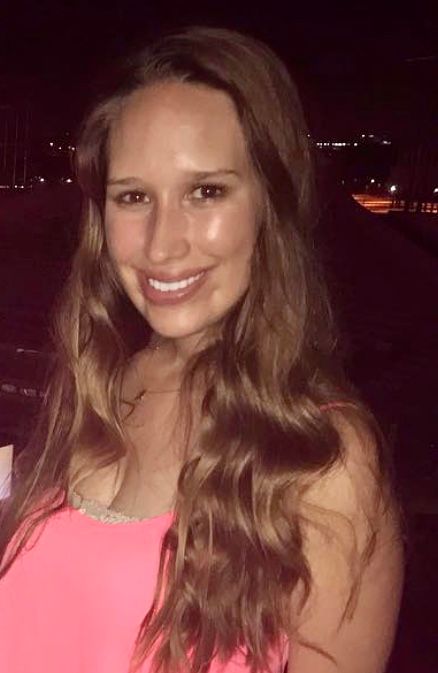
Social Virtual Reality’s Impact on Language Anxiety and Interpersonal Oral Production by French Learners
Tricia's study examines how virtual reality (VR) can alleviate foreign language anxiety and improve oral production in French. By combining self-reported and physiological anxiety data (heart rate), it will track how anxiety fluctuates and impacts speech throughout L2 interactions across three learning environments: a traditional classroom, VR, and Zoom.
Jonathan Wright, PhD research
Department of Linguistics, University of Oregon
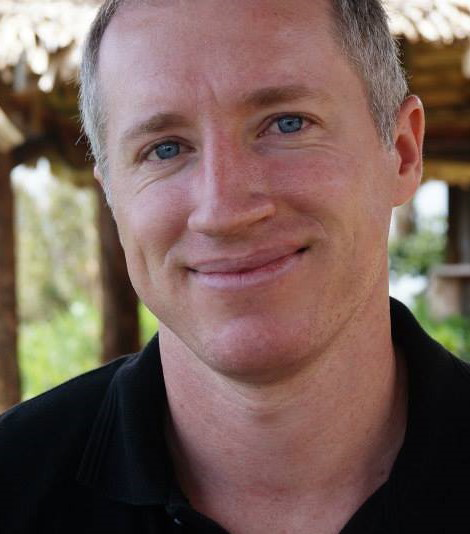
Factors affecting incidental formation of novel suprasegmental categories
Jonathan's study trains people without language learning experience to learn new sounds from an unfamiliar language, and it does so without explicitly telling them about the sounds. In three experiments, he tests several factors that might impact a person’s ability to “just pick up” new sounds from an unfamiliar language.
Cloe Zeidan, Master's research
Department of Linguistics, University of Florida
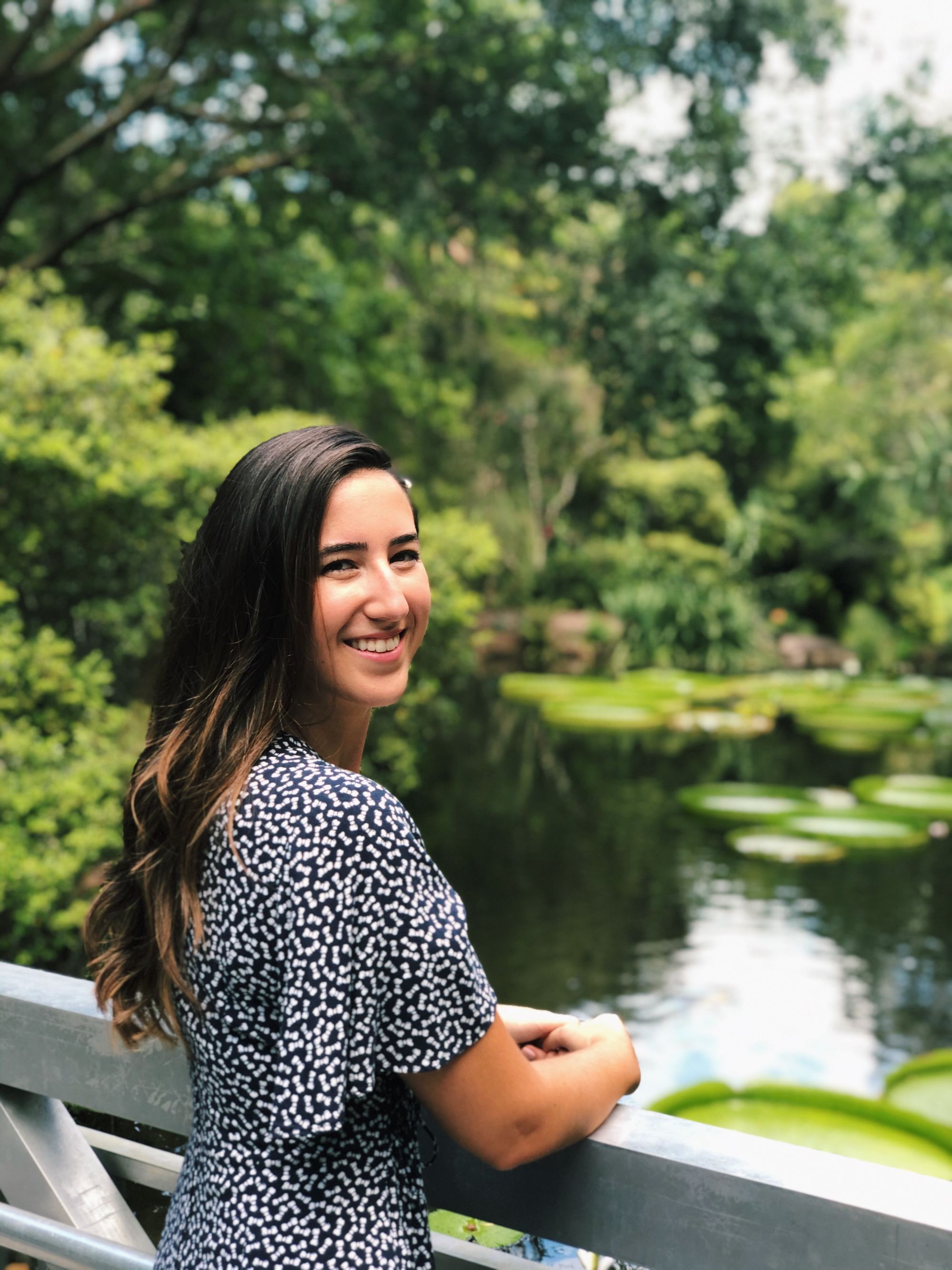
Novel L2 Language Learning: Implicit and Explicit Online-Instruction
Cloe aims to empower language learners to learn beyond the word level, by expanding a method developed by her lab that focuses on sentence learning. Adults will enroll in a 10-day online program and learn conversational Dutch through two types of language instruction.
The future of language-learning research
We're so excited to follow our grant recipients' research as their projects develop! Be sure to follow us on social media (Facebook, Instagram, and Twitter) to learn about their results and for the latest about our 2021 grant program. We'll post the next call for proposals in January 2021 and applications will be due in the spring. Congratulations to our 2020 recipients!
